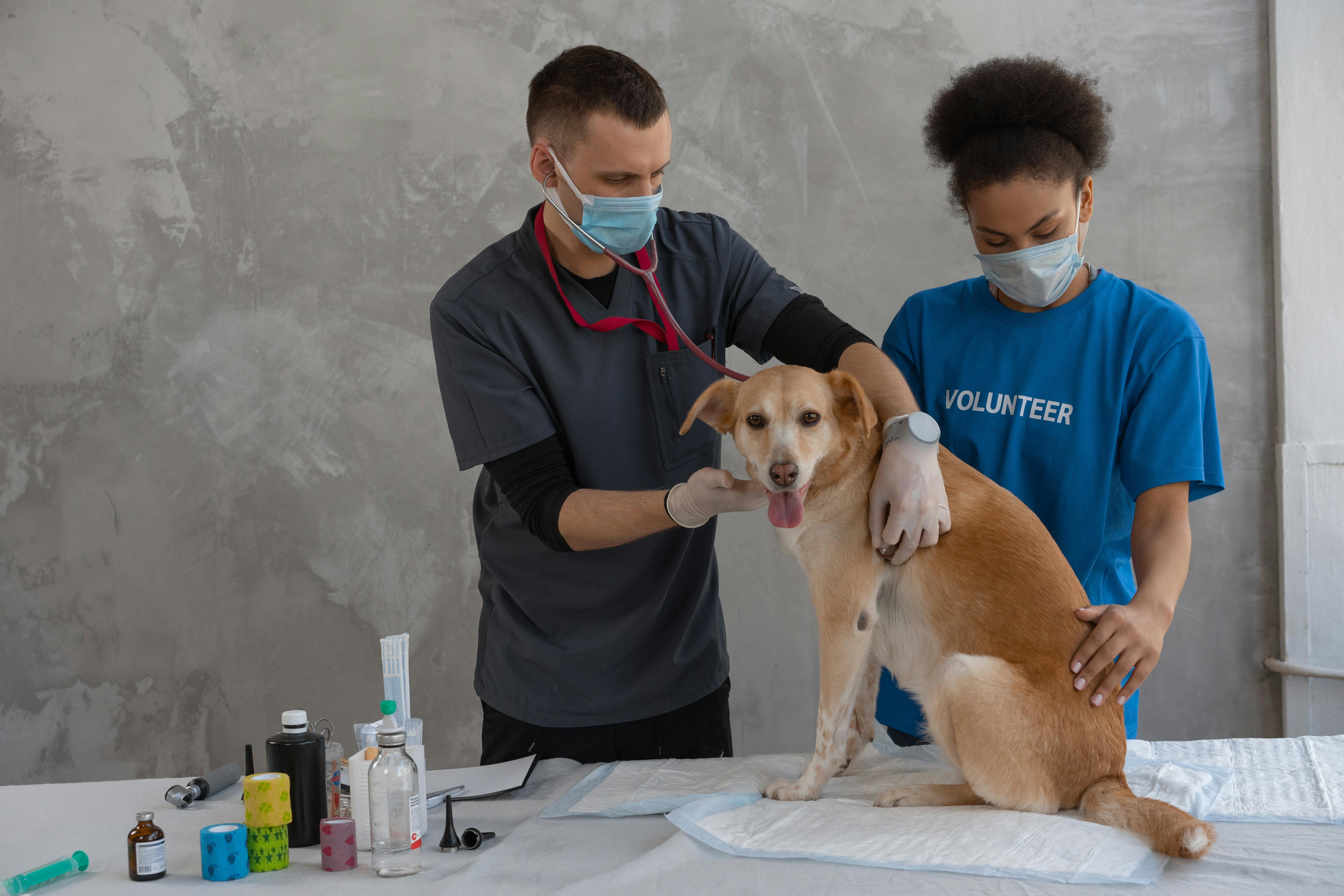
10 things to know before going to a Vet
Certainly! Here are ten things you should know before going to a veterinarian:
-
Appointment: Most vets work by appointment, so make sure to call ahead and schedule one. Emergencies may be accommodated, but it's best to have an appointment to avoid long waits.
-
Medical History: Bring along any medical records you have for your pet, including vaccination history, previous treatments, and any ongoing conditions. This helps the vet understand your pet's health background better.
-
Symptoms: Be prepared to describe any symptoms your pet is experiencing in detail. Note when they started, how severe they are, and any changes you've observed in your pet's behavior, appetite, or energy levels.
-
Medications and Supplements: Inform the vet about any medications or supplements your pet is currently taking, including dosage and frequency. This helps prevent any potential interactions with new medications or treatments.
-
Behavioral Changes: Any sudden changes in your pet's behavior or habits could indicate an underlying health issue. Make sure to mention these to the vet, as they can provide valuable clues about your pet's condition.
-
Diet and Exercise: Discuss your pet's diet and exercise routine with the vet. They can offer advice on nutrition, portion sizes, and suitable exercise levels based on your pet's age, breed, and health status.
-
Cost Estimates: Before proceeding with any tests or treatments, ask for an estimate of costs. This allows you to plan financially and make informed decisions about your pet's care.
-
Follow-up Care: Understand any follow-up care instructions given by the vet, including medication schedules, dietary changes, or rehabilitation exercises. Compliance with these instructions is crucial for your pet's recovery.
-
Emergency Procedures: Inquire about emergency procedures and after-hours care options in case your pet requires urgent medical attention outside of regular clinic hours.
-
Alternative Treatments: If you're interested in alternative or complementary therapies for your pet, such as acupuncture or chiropractic care, discuss these options with the vet to ensure they're safe and appropriate for your pet's condition.
By being prepared and informed before your visit to the vet, you can ensure the best possible care for your beloved pet.